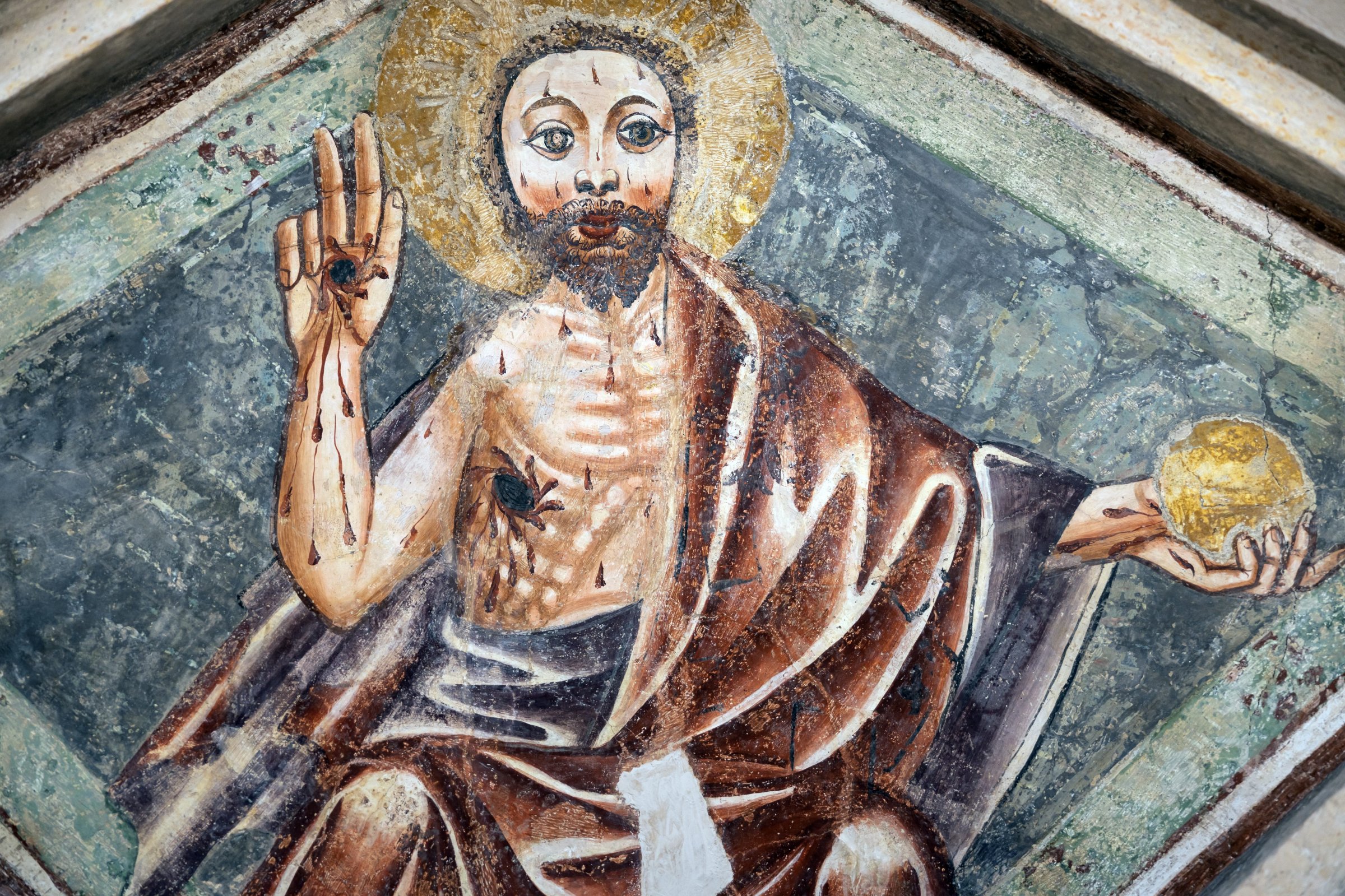
This time last year the talk was all about what we will have learned when the COVID-19 pandemic subsides, and allowing normal life to resume. People, it was suggested, would become more caring, more sensitive, perhaps more green. I see no sign of those utopian dreams today. The only game in town I see coming is the blame game: whose fault was it? Looking back in anger offers more low-hanging political fruit than looking forward with genuine, workable proposals.
But now it’s Easter! Don’t we (masked, anxious, grieving) need that message of new creation?
For most, that will seem a giant mismatch. The world needs hope at ground level, hope with its boots on. Most see Easter as an escapist fantasy, holding out the mirage-like hope of “heaven” hereafter.
Last week, for example, the Late Show host Stephen Colbert, a practicing Roman Catholic, talked about Easter. What’s special about it, he asked his lockdown audience (his wife). “Well,” she said, surprised, “aside from, you know, Christ is risen, and all that?” “Obviously, obviously,” he replied, “and then we all have eternal life, and all that good stuff…” and he moved swiftly on to chocolate, funny Easter cards, and a cute story about a real pet rabbit who seemed to be dead and then came back to life.
I get it: the strange old story about Jesus being alive again, and the vague hope about life after death, doesn’t appear to address the real issues. And since we don’t trust the politicians, perhaps all we can do is enjoy the candy and the cards.
Twelve years ago Colbert interviewed me about my book Surprised by Hope, in which I explain what the resurrection is really all about. His other guest that night was Cookie Monster, whose considerable presence perhaps helped him forget that the resurrection isn’t about “eternal life” in the sense of “pie (or cookie) in the sky when you die.”
For his first followers, when Jesus came out of the tomb on Easter morning it was the beginning of a whole new world. A world of healing and hope. This new world—visible in changed lives and a radically new community—bypassed the politicians and power brokers (much to their annoyance) and began to make waves. The movement spread rapidly, like the pandemic but with the opposite effect: people were healed, both physically and socially.
The reason people joined the movement, despite official disapproval, was that the lifestyle of Jesus’ followers was hugely attractive. They looked after each other, and anyone else within reach. And they did away with the normal social and cultural barriers. One of the earliest writings to emerge from the new movement put it bluntly: “neither Jew nor Greek, slave nor free, no ‘male and female’—because you are all One”. . . (then the crunch): “In Messiah Jesus.”
That, of course, is what contemporary Western culture has not wanted to hear. Secular modernism has tried to get the fruits of the Jesus-message without the roots. It can’t be done. Christianity was the original multicultural society, committed to caring for the poor and to sharing a common life across racial boundaries. Trying to recreate a society like that without Jesus leading the way is like trying to type with your fingers tied together.
Unfortunately the church has routinely forgotten its vocation. In his greatest letter, St Paul prays that the church will “abound in hope”, precisely in being a people of praise, with people of all sorts and from all backgrounds coming together in a new kind of family. That—the actual embodiment of new creation in a different kind of community, based solely on its shared faith—has proved too much of a challenge for many.
But if we want to see fresh hope the other side of the Pandemic—signs of Easter, after a Lent that has gone on for a whole year—then the church must shape up. There are encouraging signs, whether it’s a local regeneration project or the Archbishop of Canterbury volunteering as an extra hospital chaplain. That is the church being the church. I don’t think we’ll see real hope coming from anywhere else.
More Must-Reads From TIME
- The 100 Most Influential People of 2024
- The Revolution of Yulia Navalnaya
- 6 Compliments That Land Every Time
- What's the Deal With the Bitcoin Halving?
- If You're Dating Right Now , You're Brave: Column
- The AI That Could Heal a Divided Internet
- Fallout Is a Brilliant Model for the Future of Video Game Adaptations
- Want Weekly Recs on What to Watch, Read, and More? Sign Up for Worth Your Time
Contact us at letters@time.com